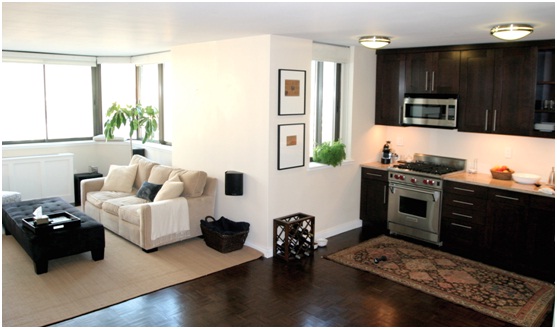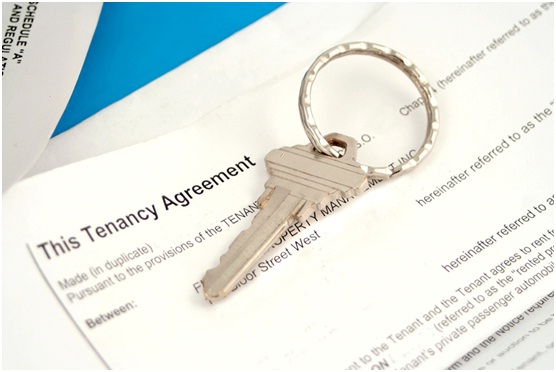Renting out your property instead of selling it can often be a lucrative long term alternative as a retirement source of income. The real estate residential rental business is evergreen, and if you can find tenants for your apartment, this can be an effective strategy for covering your mortgage and delivering a supplementary income every month. For some, renting out that first apartment might just prove to be the first step into the real estate business, where fortunes can be made on the right deals. But before we get ahead of ourselves, here are our top 3 tips for renting our your apartment securely for maximum yield.

#1 – Always use a written lease agreement
Renting out your apartment can maximize the yield available from your property. But without a written lease agreement in place, it can be difficult to force the issue if your tenant stops paying rent, or decides they are going to change the locks and live there indefinitely. A written lease agreement outlines all of the duties and responsibilities of both parties to the arrangement. This should clarify any and all issues in the first instance, or provide a basis to resolve problems in the worst case event. This is a must for renting out any apartment – too many elements can go wrong and end up costing you severely if you do not take sufficient prudent measures to guard your interests.
#2 – Take an inventory of the contents of your apartment
If you are letting your apartment in a furnished condition, it is absolutely essential that you take an inventory of all the contents, furniture, fixtures and fittings in the flat, so you know everything that was there at the point of move in. An inventory protects both the apartment owner and the tenant from disagreements later down the line, and allows you to ensure you have protected any items of your personal property from theft or damage during the tenancy.
Simply list the contents of the apartment room by room on the day of move in – you can even do this in the company of your tenant if you feel it necessary. Date-stamped photographic and video evidence can also be useful here.

#3 – Always vet your prospective tenants and take a rental deposit
Generally speaking, it is not a prudent business decision to rent your property to someone who has not provided references from previous apartments and/or their employer. People may comfortably tell you one thing and then do the opposite, and you cannot trust anyone to live in your apartment until you have vetted them and their backgrounds. Some landlords also ask for credit references to make sure they are dealing with an individual who can afford to pay the rental rate. In any event it is a good strategy that you ask for a rental deposit of month one month’s rent and last month’s month rent to help offset against delays in rent payments and damage occasioned to the apartment when your tenant moves out.
Renting an apartment doesn’t have to be a headache, but if you are not careful it can quickly result in problems for both parties. Take these precautions to prevent running into difficulties with your own leasing arrangement.

